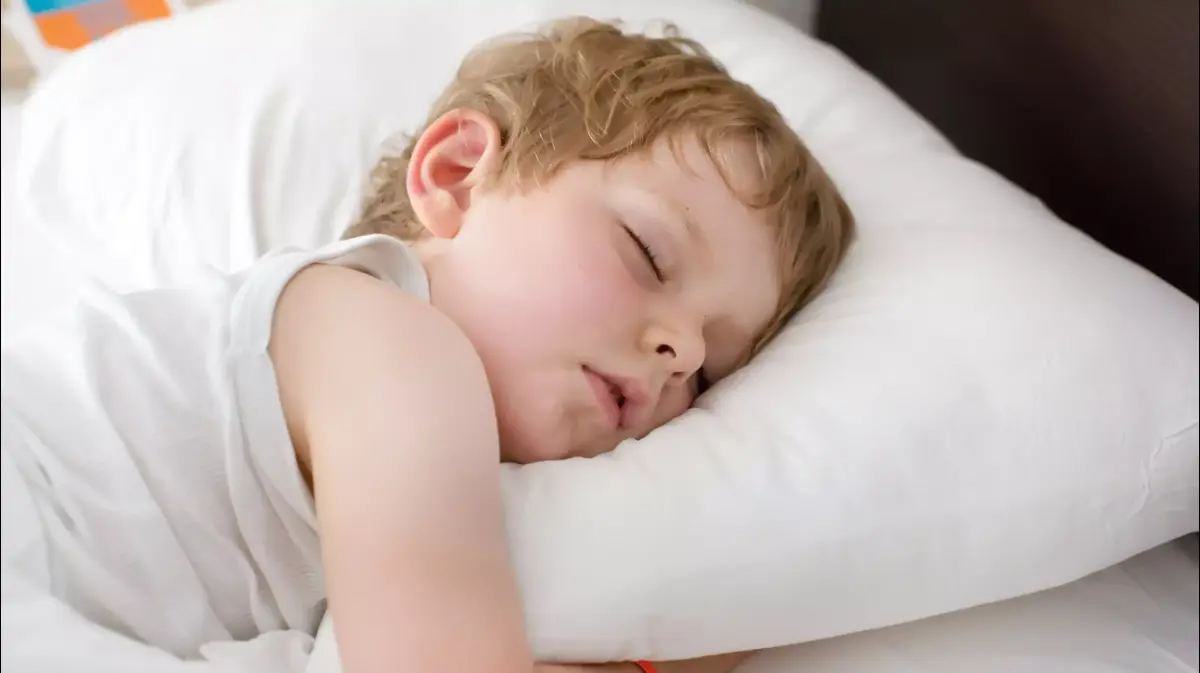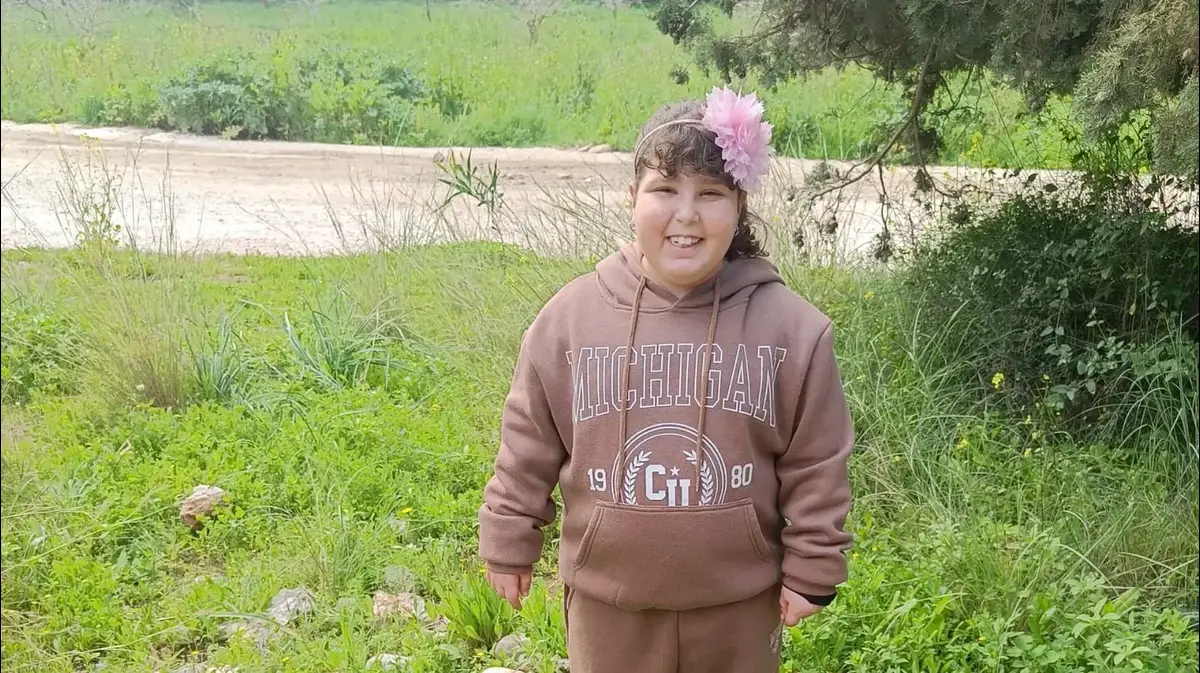health
parenthood
Child health
Are your children snoring?
That's why you should not ignore it
How many times a week does your child snore?
According to a new study, the answer to this question can be an explanation for a variety of behavioral problems, including lack of concentration and hyperactivity.
Here are all the details
Tags
Snoring
Children
Sleep
respiratory arrest
Walla!
health
Tuesday, 27 April 2021, 07:21 Updated: 07:27
Share on Facebook
Share on WhatsApp
Share on general
Share on general
Share on Twitter
Share on Email
0 comments
How many times a week do you hear your child snoring?
A sleeping boy (Photo: ShutterStock)
As if it is not difficult enough to keep and protect our children when they are awake, a new study finds that the way they sleep should turn on important warning lights.
A lot of kids breathe a little heavily when their nose is clogged, but if your child snores a few days a week, this is something to pay attention to, according to a study published this week in the journal Nature Communications.
More on Walla!
This is what less than five hours of sleep does to your brain
To the full article
The new study found an association between frequent snoring and changes in brain structure in children, as well as behavioral issues such as hyperactivity and lack of concentration.
The researchers examined MRI results of more than 10,000 children ages 9-10 from the United States, as well as their parents' reports on how often their children snore, and standard child development questionnaires.
They found that children who snore three or more times a week have thinner gray matter in some areas of their brains, including those that help manage thinking and control impulses.
More on Walla!
Your children have no sleep problems, they have difficulty parting
Five Mistakes You Make With Your Kids' Sleep
My child wakes up screaming in the middle of the night.
What to do?
You do not deserve to suffer: the device that is praised by doctors wins pain, and you have the opportunity to try it at home
"These are the parts of the brain that are responsible for behavioral regulation, it affects concentration and what we call 'cognitive flexibility,' which is basically self-regulation of behavior," said study editor Dr. Amal Ishaia, an ENT specialist at the University of Maryland School of Medicine. She added that children who snore a lot also tended to find increasing severity of "problematic behaviors."
While the study may not establish a cause-and-effect relationship between snoring and behavioral problems, it certainly raises a troubling point. "From a biological point of view, snoring says the air Does not flow freely, "Dr. Isaiah told the HuffPost," it could be that these children wake up often, or it could change the way children's blood carries oxygen to their brains, which means they are not getting enough of it. And it may be one of these mechanisms (or Both) may be behind the link between changes in brain structure and children's behavior. "
7 to 11 percent of children suffer from sleep disorders. A sleeping boy (Photo: ShutterStock)
This is not the first study to examine the effect of snoring on children, as most previous studies have mainly examined the phenomenon of sleep apnea.
A comprehensive study conducted several years ago that included monitoring a thousand children for 6 years, starting at the age of six months, also yielded alarming findings.
According to the findings, children who snored, breathed from the mouth or suffered from sleep apnea were at a higher risk of behavioral problems, and were 50 to 90 percent more likely to develop ADHD symptoms than children whose breathing was normal.
It is important to note that this is not a rare problem - 7 to 11 percent of children in Western countries suffer from a sleep disorder, which is everything that interferes with the normal and continuous sleep process.
Signs that can indicate a sleep disorder include open mouth sleep, increased breathing effort, snoring, head tilted back and multiple awakenings.
If you suspect that your child has a sleep disorder or if you hear him snoring several nights in a row - you should contact your pediatrician.
Share on Facebook
Share on WhatsApp
Share on general
Share on general
Share on Twitter
Share on Email
0 comments















